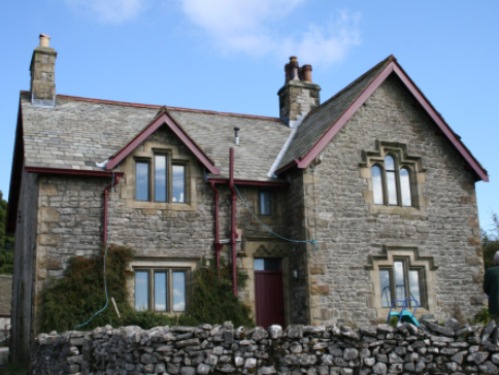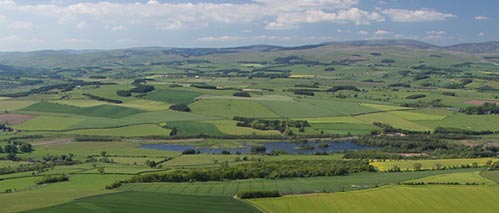
LOCATION
Durham, Northumberland
CLIENT
National Trust
PRODUCT
HBG
SUBSTRATE
Granite & Sandstone Masonry

Set in an exposed location, long sunny days are more than matched by long harsh days of wind and rain beating against the farmhouse’s roof and walls.
The masonry is constructed with a traditional ‘natural cement mortar’, rather than a modern ‘sand-cement’ based mortar. This is not surprising considering ‘Portland Cement’ was not invented until 1828. Whilst natural cement mortar is very good at accommodating movements in masonry, it is prone to leaching of its lime component, which leads to holes and defects within the mortar. Such mortars are naturally permeable to water; a situation which is made worse with deterioration.
The traditional answer is to regularly maintain the mortar by raking out deteriorated parts and repointing with a matching mortar. However, such repair work is extremely time-consuming and costly, especially if, like the National Trust, you have a large portfolio of such properties to maintain.



To combat the predictably damp conditions within the dwelling, the exterior walls were treated with Epicuro’s HBG, a proven protector of traditional masonry, which keeps facades dry and clean and improves thermal resistance.
This product, which is not visible on the surface and does not chemically react with the masonry materials, prevents water entering whilst allowing water vapour to pass. The need to repoint the masonry is drastically reduced and the interior kept dry.

